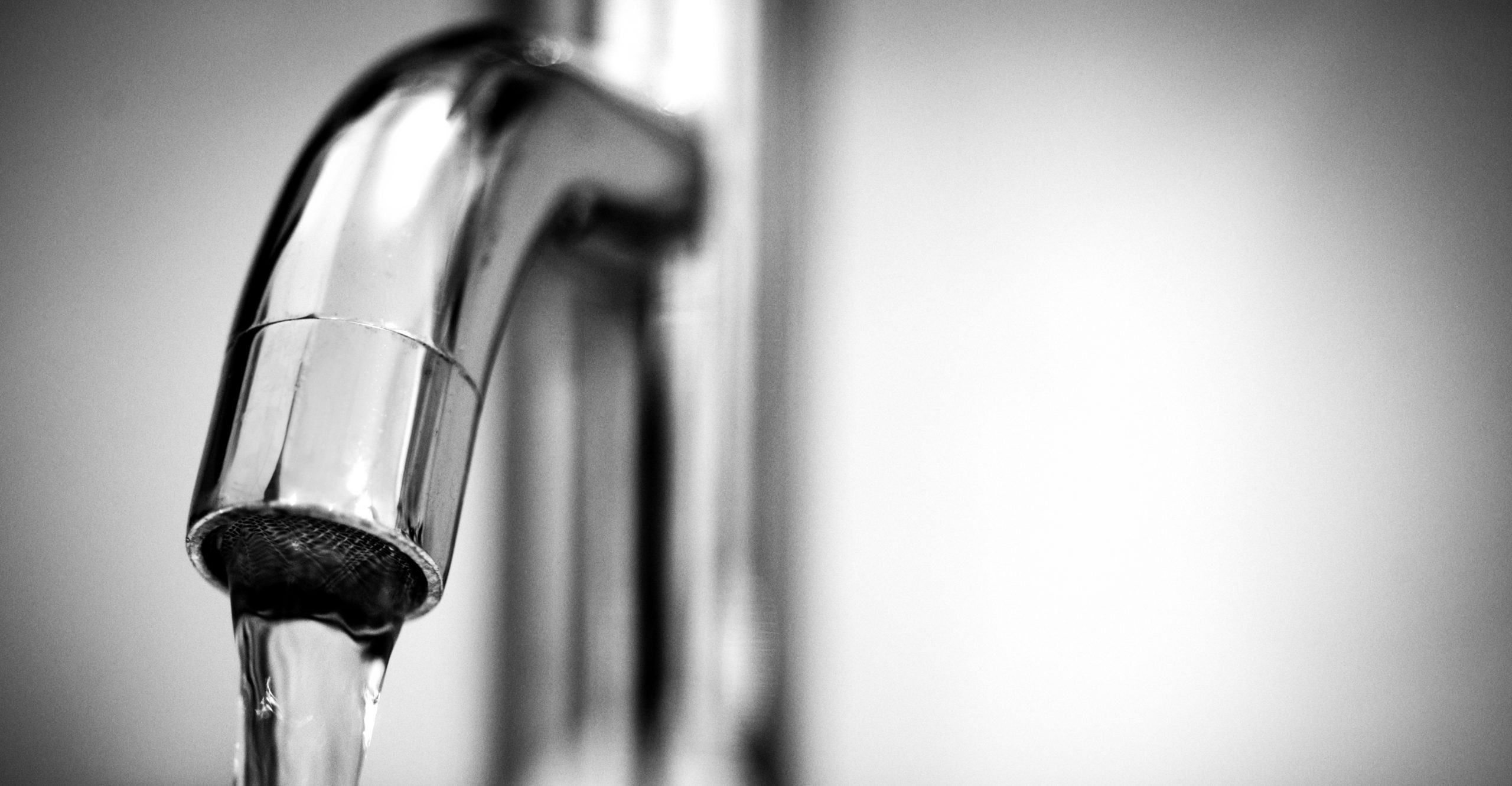In this article, we discuss proposed changes to the Disputes Tribunal that may significantly impact how mid-value disputes are resolved — including a potential increase to its jurisdiction and what that could mean for access to justice.
Drinking water – new protections
The Water Services Act 2021 is a part of the Three Waters reform led by central government. The Act was passed into law in November 2021.

Purpose of the Act
As outlined in section 3, the purpose of this Act is to ensure that drinking water suppliers provide safe drinking water to consumers, to create a transparent framework for the performance of drinking water networks and operators, to continue to improve the quality of water in New Zealand and to maintain capability among drinking water suppliers.
The Act places a duty on drinking water suppliers to:
- have a drinking water safety plan; and
- comply with legislative requirements (such as drinking water standards) on a consistent basis; and
- identify risks to source water and properly identify, manage, and monitor those risks; and
- provide mechanisms that enable the regulation of drinking water to be proportionate to the scale, complexity, and risk profile of each drinking water supply.
Who is a drinking water supplier?
Apart from the obvious water suppliers like local authorities and Watercare, other suppliers are caught by this Act. This includes:
- a person who supplies drinking water through a drinking water supply (meaning infrastructure and processes used to abstract, store, treat, transmit, or transport drinking water for supply to consumers ); and
- a person who ought reasonably to know that the water they are supplying is or will be used as drinking water; and
- the owner and the operator of a drinking water supply.
These definitions catch rural suppliers who have bores on their property that supply drinking water to neighbours.
It does not capture dwellings that collect their own water for their own supply.
What does a drinking water supplier need to do?
A drinking water safety plan must be completed and identify:
- any hazards and risks that relate to the drinking water supply, including emerging or potential hazards; and
- how those risks will be managed, controlled, or eliminated to ensure that drinking water is safe and complies with legislative requirements; and
- how the drinking water safety plan will be reviewed on an ongoing basis, and how its implementation will be amended, if necessary, to ensure that drinking water is safe and complies with legislative requirements; and
- how the drinking water supply will be monitored;
- procedures to verify that the drinking water safety plan is working effectively; and meets other requirements under the Act.
Who will it be regulated by?
Taumata Arowai – the Water Services Regulator (established by section 8 of the Taumata Arowai–the Water Services Regulator Act 2020).
Taumata Arowai will review the drinking water plans, and monitor compliance and legislative requirements. There is an obligation to tell Taumata Arowai of any risks or hazards. Taumata Arowai will also monitor compliance with a complaints process.
Timeframes for compliance:
Any new water suppliers from now on need to register and submit their plan before starting their drinking water supply.
- By 15 November 2025 all existing suppliers must register with Taumata Arowai.
- 15 November 2028 is the last date that drinking water plans can be submitted to Taumata Arowai.
This article is current as at the date of publication and is only intended to provide general comments about the law. Harkness Henry accepts no responsibility for reliance by any person or organisation on the content of the article. Please contact the author of the article if you require specific advice about how the law applies to you.
For further information



